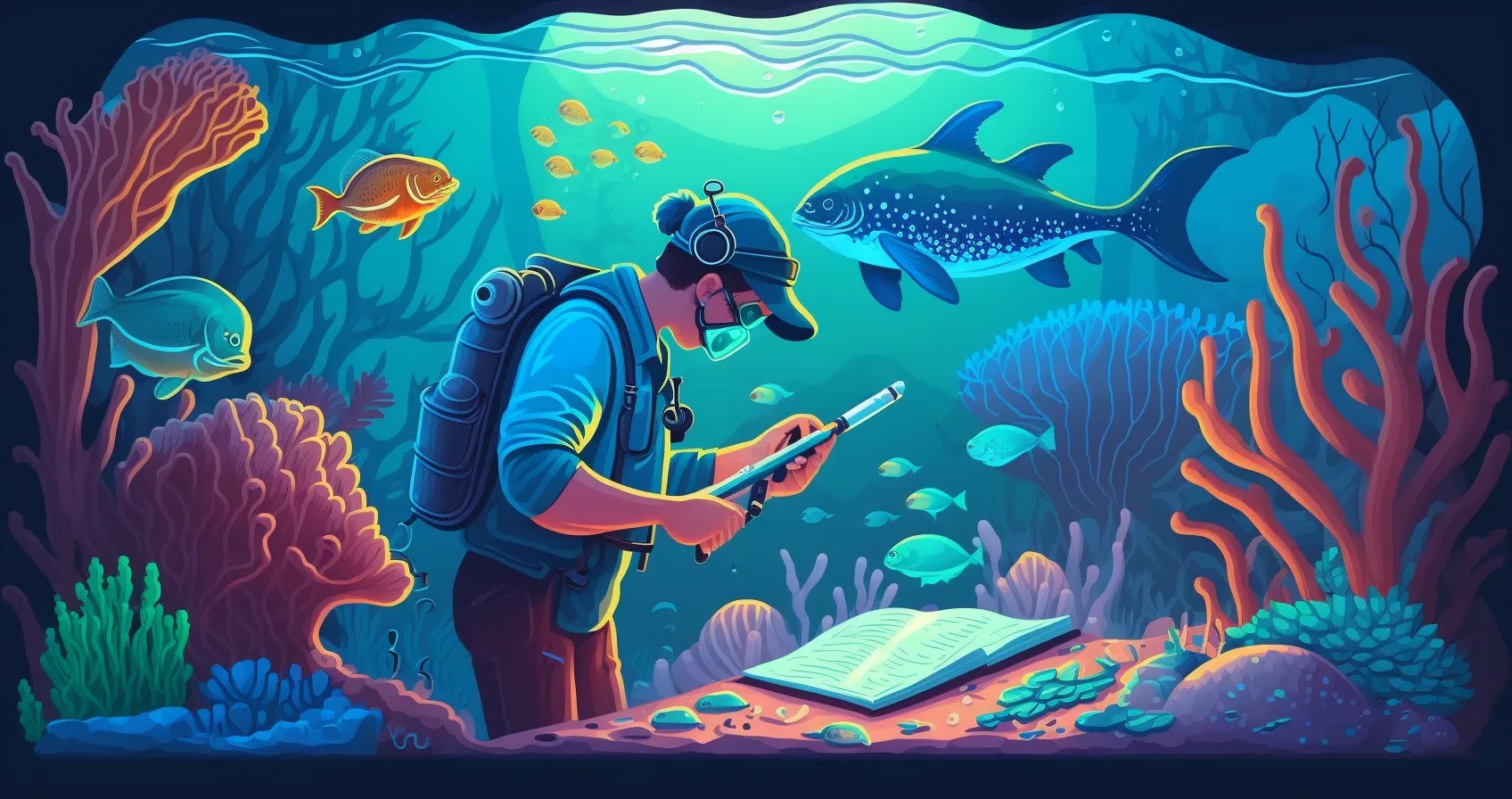Are you interested in the natural world? Do you have a passion for understanding how living organisms interact with each other and their environment? If so, becoming a biologist may be the perfect career path for you!

Quick Navigation:
Reasons why you should become a biologist
Becoming a biologist opens doors to a variety of exciting career opportunities, from wildlife conservation to medical research. As a biologist, you will have the opportunity to make a difference in the world by contributing to the understanding and protection of living organisms.
Biologists also have the opportunity to work in a variety of settings, including laboratories, fieldwork, and offices.
How to become a biologist
To become a biologist, you will typically need a bachelor’s degree in biology or a related field. Many positions also require a master’s degree or Ph.D. in biology, depending on the specific career path you choose. It is also important to gain practical experience through internships or volunteer work in the field of biology.
Skills for biologists
Successful biologists possess a variety of skills, including strong analytical and critical thinking skills, attention to detail, and effective communication skills. Biologists must also be able to work independently and as part of a team, as well as have a strong understanding of scientific methodology.
Career development
There are a variety of career paths available for biologists, including wildlife biologists, medical researchers, and environmental consultants. Biologists can also work in a variety of settings, including government agencies, non-profit organizations, and private industry.
Requirements for biologists
In addition to a bachelor’s degree in biology or a related field, many positions may require additional certifications or licensure. For example, wildlife biologists may need to obtain a state or federal license to work with certain species.
Interview preparation for biologists
When preparing for an interview for a biologist position, it is important to showcase your knowledge of biology and scientific methodology, as well as your critical thinking and problem-solving skills. You may also be asked about your experience with specific research techniques or technologies.
Work-life balance
Biologists may have a varied work schedule depending on their specific job duties. Fieldwork and research may require longer hours or travel, while laboratory work may have more regular hours. However, many positions offer flexible schedules and a healthy work-life balance.
A day in the life of a biologist – fieldwork example
| Time | Activity |
|---|---|
| 7:00am | Arrive at field site |
| 7:30am | Set up equipment for data collection |
| 8:00am | Begin data collection, observing and recording behavior of a specific species |
| 12:00pm | Lunch break |
| 1:00pm | Resume data collection |
| 5:00pm | Pack up equipment and return to research station/office |
FAQs
1. What are some common career paths for biologists?
Some common career paths for biologists include wildlife biologists, medical researchers, and environmental consultants.
2. Is it necessary to obtain a master’s degree or Ph.D. to become a biologist?
While a bachelor’s degree in biology or a related field is typically required, many positions may require additional education such as a master’s degree or Ph.D., depending on the specific career path.
3. What skills are important for success as a biologist?
Successful biologists possess a variety of skills, including strong analytical and critical thinking skills, attention to detail, and effective communication skills.
Wrapping up
Becoming a biologist can be a rewarding career path for those with a passion for the natural world and a desire to make a difference in the world.
With a variety of career paths available and the opportunity to work in a variety of settings, the possibilities are endless for those pursuing a career in biology.






